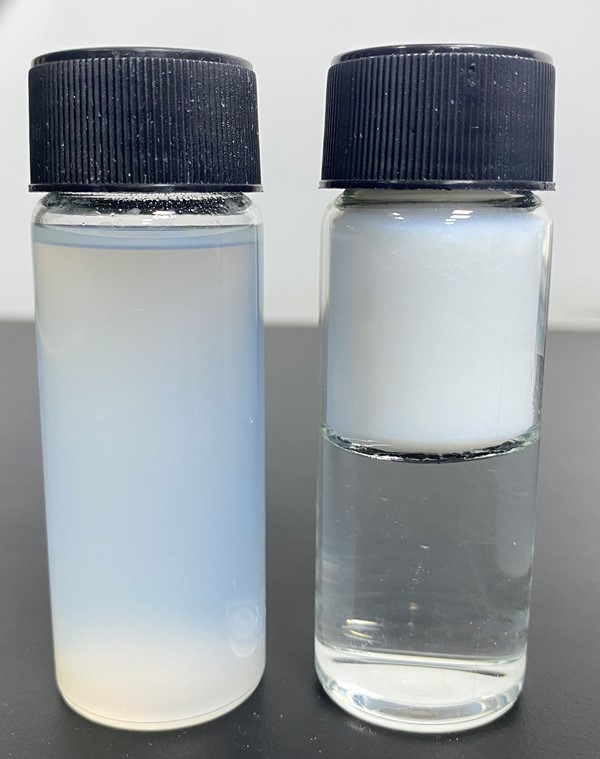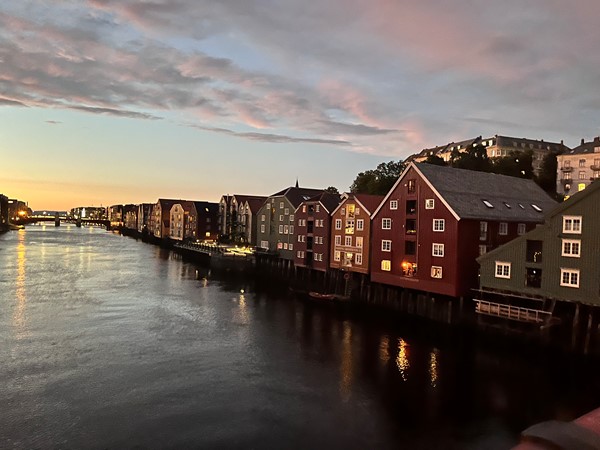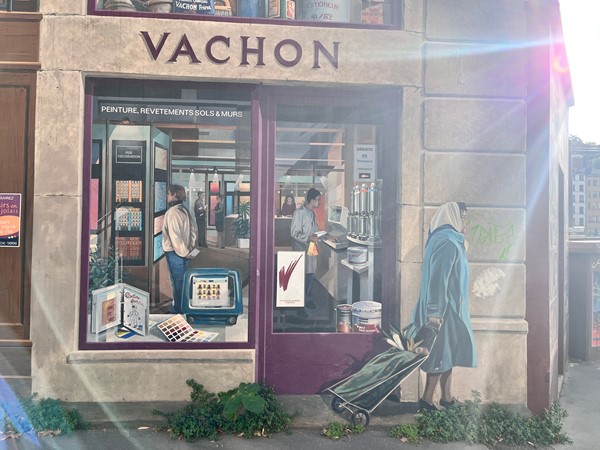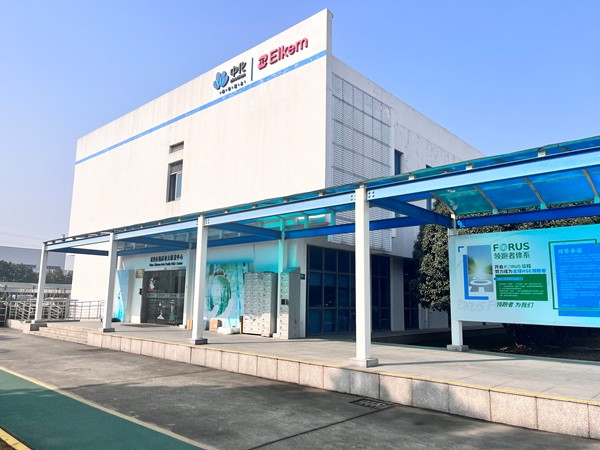- Magazine
- Trainee Blog
- Stepping outside of the comfort zone
Stepping outside of the comfort zone
Elkem has offered recent graduates the opportunity of participating in the technical trainee program for many decades, but this year is the first year that it was open for Chinese applicants. This was a rare opportunity, and I am very glad to have been selected in the process.
I took a leap of faith and stepped out of my comfort zone when pursuing this opportunity. The kick-off for the program took place in Norway, and my first rotation was in France. As a Chinese trainee, the distance between the two continents, the time difference of seven hours, as well as the European languages and cultures presented uncharted territory. I knew this could pose some challenges, yet it was an opportunity to grow. Still, from the first day of the training program, it was clear that I had made the right decision.
Before joining the trainee program, I had been working in Elkem’s Beijing Research and Innovation Centre for nearly three years. At the R&I Centre, I worked on a project related to the modification of silica. My focus was on the downstream silicone industry. The downstream product application side has a lot of variation, from large aerospace, construction, electronics, automobiles, to small kitchen utensils – all of which involve Elkem’s products. Whether you require properties in heat resistance, cold resistance, insulation, electrical conductivity, flame retardancy or thermal conductivity, Elkem provides products that meet those needs. The modification of silica, which is the main raw material of silicone rubber, plays a huge role in more products with special requirements. Our company has two production lines for the modification of silica, one is at the French Saint-Fons plant, and the other is the production line at the Chinese Xinghuo plant. There are many factors affecting the modification of silica, and it is difficult to control the quality, which has a great impact on the final product. Optimizing the performance of modified silica is one of our goals.

Due to my prior experience at Elkem, I am very glad that I was able to work with the production line of silica modification at the Saint-Fons plant in Lyon to learn and gain a lot of new insights. From understanding piping and instrumentation diagrams (PID) of the factory to how to sample and perform control analysis, extensive hands-on experience has made up for my lack of prior experience in dealing with practical problems. Moreover, by utilizing the Critical Process Management (CPM) tool, I gained the ability to process large amounts of data and effectively monitor and analyse online production parameters to find key points and form closed-loop control. The process was a little challenging, but luckily, I had the support of my enthusiastic French colleagues.
As mentioned previously, I know I made the right decision joining the program, not only because of the technical knowledge I have gained, but also because of the cultural experiences that began in the Norwegian city of Trondheim. It gave me the opportunity to experience the romantic scenery of European cities for the first time, which included harbours, cruise ships, castles, manors, churches, and the long daylight with sunny evenings in summer. After the onboarding, I travelled to Lyon in France for my first placement. Interestingly, this is also the home of the author of the Little Prince, after whom the airport is named. I experienced the style of the old French street, witnessed the Mother River of Lyon, the Saone, and the wall-painting art that can be seen everywhere. I also stood in the Church called Shrine of Notre-Dame de Fourvière overlooking the whole city of Lyon.


During my time as a trainee, I have been lucky to meet a lot of very interesting people. The trainees I got to know through the program were all confident and enthusiastic, which have been truly inspiring. My colleagues in the Saint-Fons office shared their knowledge about the many beautiful cities in France, the rich festivals, and their passion for football and food. I was impressed by the technical expertise of the people I encountered, but I also appreciated the sense of humour that they had. While working in the Danica building, I had the opportunity to talk to a colleague about the worship of Confucius, which provided me with a sense of familiarity and a connection to home.
My next stop was Shanghai, where I started working with the Pilot & scale-up team, and I found that there were many new yet meaningful points to learn. Because of the rapid development of electric vehicles, the market demand for thermal conductivity adhesives is growing exponentially. These adhesives have unique characteristics such as heat dissipation, insulation, softness, and light weight providing a greater competitive advantage compared to the use of traditional adhesives. The pilot team paid much attention to the cost and the operability after scaling up. For example, in the pilot test process when the powder is fed in batches, the team used a feeding amount that allowed the production line workers to finish the bag of material to avoid storage problems and ensure accuracy of weighing. Also, the mixture we use is a kind of non-Newtonian fluid, which I learned is impacted by factors like weather and testing time. This emphasizes the importance of standardized testing. During my current rotation, my primary tasks involve conducting a for a gap filler project. By systematically changing several variables, the best combination of experimental factors is found.

In my time here, I have sensed that there is a good distribution of work and that the different teams are working closely together to achieve maximum efficiency. Now that we have entered a new year, I am looking forward to continuing to apply the skills and knowledge I have acquired as a trainee so far in Elkem.